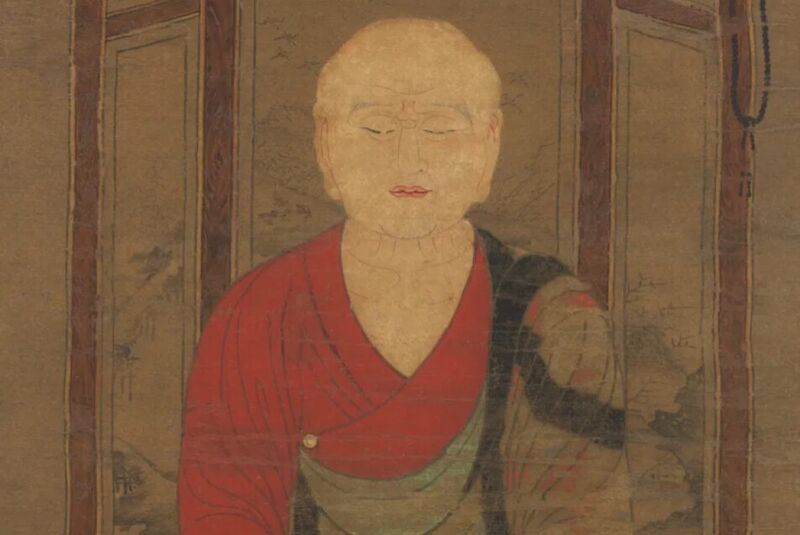Lost 8th century Japanese medical text by Buddhist monk has been found
Ars Technica » Scientific Method 2022-11-17

Enlarge / Priest in Meditation, 15th century. Possibly the blind Chinese priest Jianzhen (Ganjin in Japanese; 688-763). (credit: Heritage Images/Getty Images)
The practice of herbal medicine in Japan is known as Kampo, and such treatments are often prescribed alongside Western medicines (and covered by the national health care system). The first person to teach traditional Chinese medicine in Japan was an 8th century Buddhist monk named Jianzhen (Ganjin in Japanese), who collected some 1,200 prescriptions in a book: Jianshangren (Holy Priest Jianzhen)'s Secret Prescription. The text was believed lost for centuries, but the authors of a recent paper published in the journal Compounds stumbled across a book published in 2009 that includes most of Jianzhen's original prescriptions.
"Before the book Jianshangren’s Secret Prescription was found, everyone thought it had disappeared in the world," Shihui Liu and his co-authors at Okayama University in Japan wrote. "Fortunately, we found it before it disappeared completely. It has not yet been included in the intangible cultural heritage. As we all know, intangible cultural heritage itself is very fragile. Everything has a process of generation, growth, continuation, and extinction, and the remains of intangible cultural heritage are also in such a dynamic process. We hope to draw more people’s attention to protect many intangible cultures that are about to disappear, including Jianshangren’s Secret Prescription."
Born in what is now Yangzhou, China, Jianzhen became a disciple of Dayun Temple at 14 years old, eventually becoming abbot of Daming Temple. He was also known to have medical expertise—passed down from monks to disciples for generations—and even opened a hospital within the temple. In the fall of 742, a Japanese emissary invited Jianzhen to lecture in Japan, and the monk agreed (although some of his disciples were displeased). But the crossing did not succeed. Nor did his next three attempts to travel to Japan.